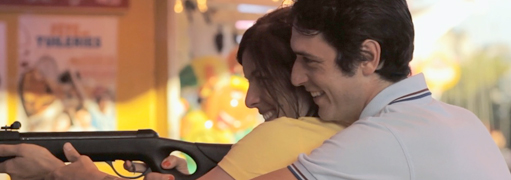Film Review: French Filmmaker Finds Humor, Drama, Tension And Beauty In Story Of Critically Ill Child, Declaration Of War
Visually Quirky French Drama Finds Love, Humor And Drama In A Child’s Battle For Life


What’s French for “Wheeeee!”?



